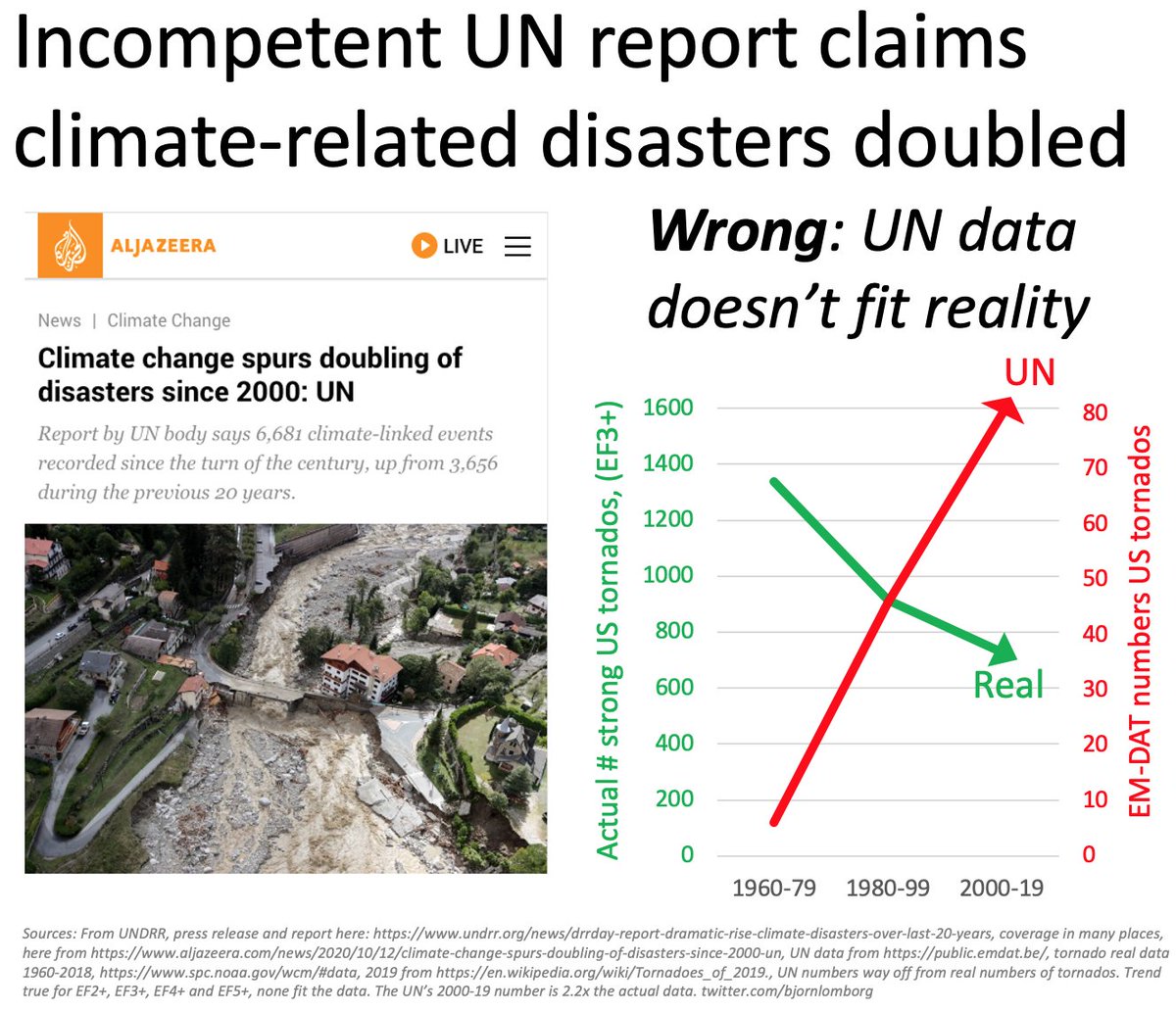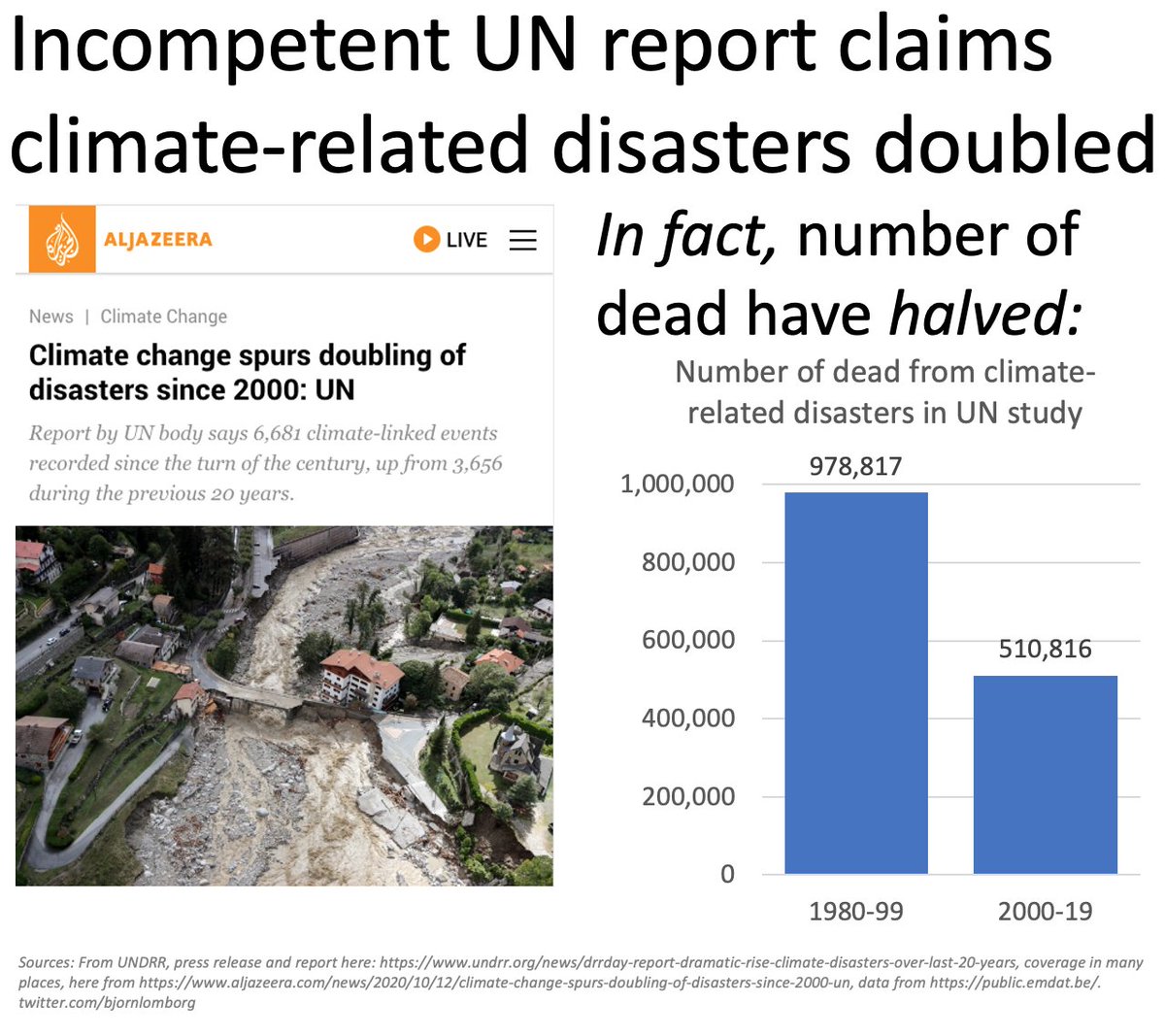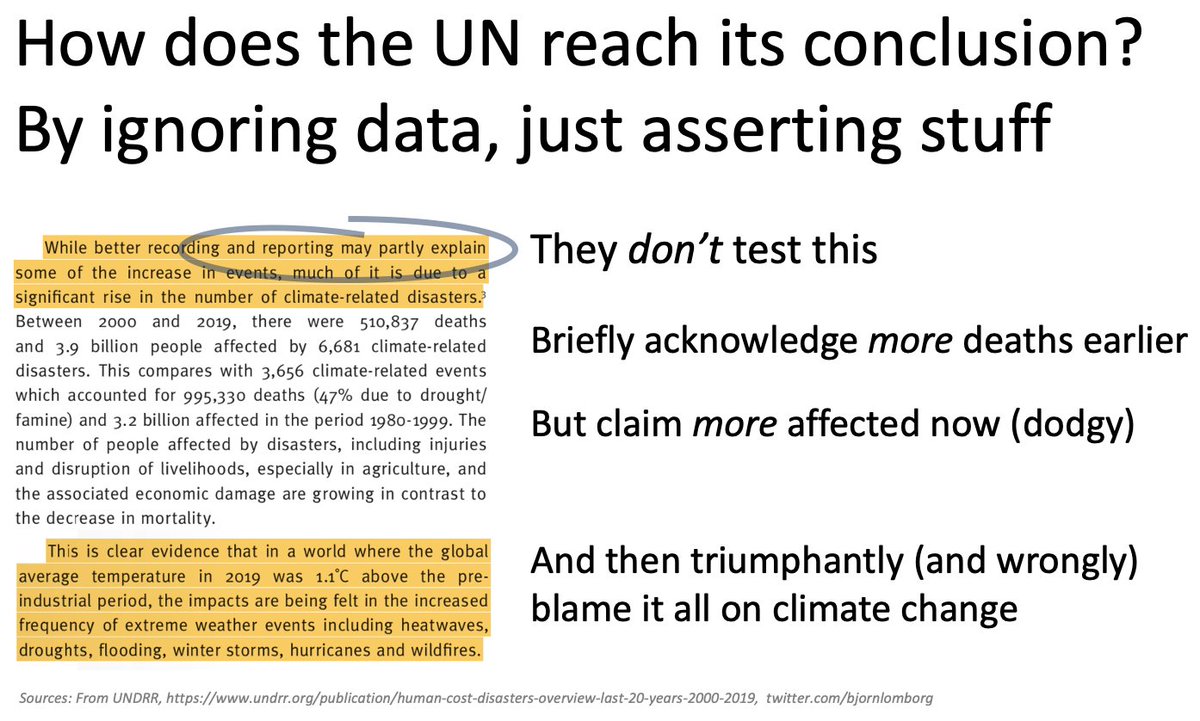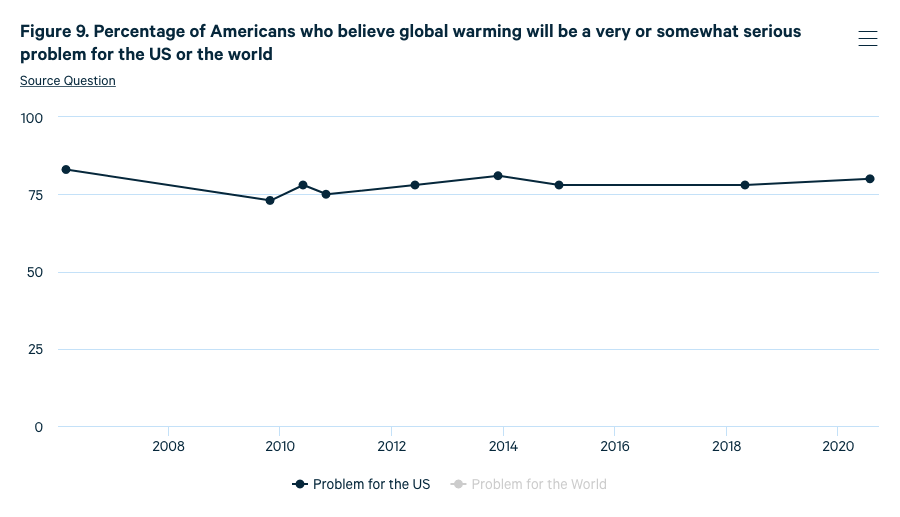
Why do we donate so much time+money inefficiently?
We care about effectiveness when giving to ourselves or our family
When giving to strangers, we care about what *others* think about us (they don't evaluate us on effectiveness)
nature.com/articles/s4156…
We care about effectiveness when giving to ourselves or our family
When giving to strangers, we care about what *others* think about us (they don't evaluate us on effectiveness)
nature.com/articles/s4156…

If our giving is multiplied 10x by, say, Gates, we should give more (because your dollar will mean $10 to the good cause)
But we don't give more to charity
If Gates multiplied a giving to ourselves, we *do* give more
nature.com/articles/s4156…
But we don't give more to charity
If Gates multiplied a giving to ourselves, we *do* give more
nature.com/articles/s4156…

Getting us to give effectively is just very, very hard.
We mostly give in ways that are "reputationally lucrative" — ways that make us look good among our peers
nature.com/articles/s4156…
We mostly give in ways that are "reputationally lucrative" — ways that make us look good among our peers
nature.com/articles/s4156…

Copenhagen Consensus works with 100s of the world's top economists to find where extra money can do most good
Here is our latest global project: longer lines means more effective giving
copenhagenconsensus.com/sites/default/…
Video:
Pod: freakonomics.com/podcast/fixing…
Here is our latest global project: longer lines means more effective giving
copenhagenconsensus.com/sites/default/…
Video:
Pod: freakonomics.com/podcast/fixing…
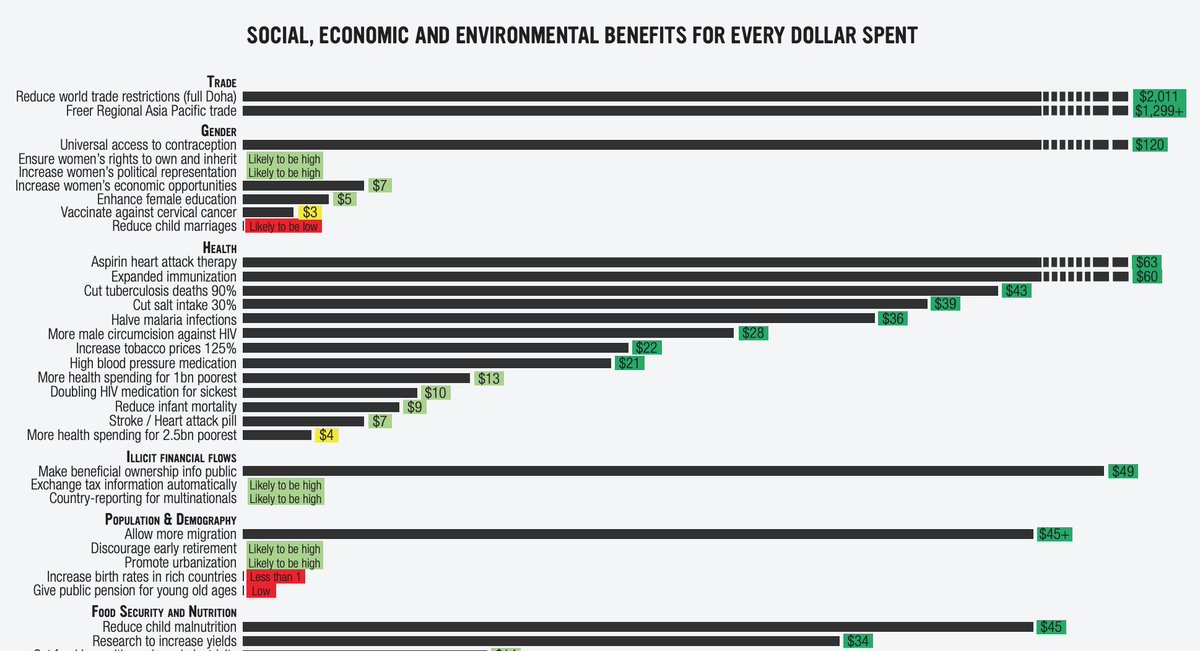
• • •
Missing some Tweet in this thread? You can try to
force a refresh







